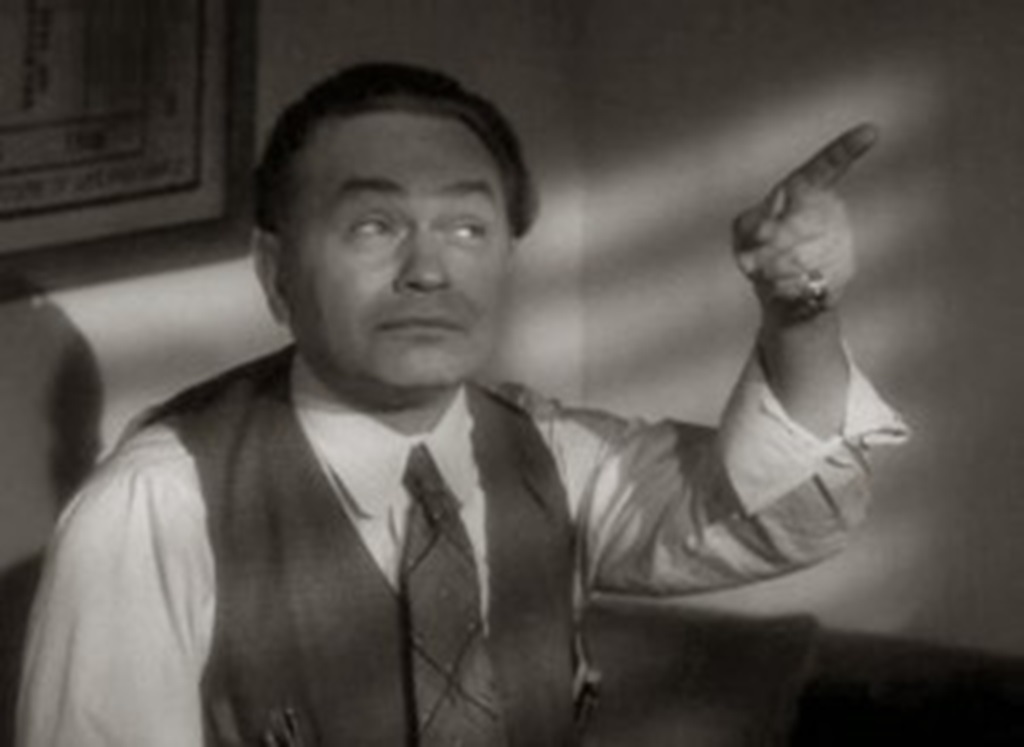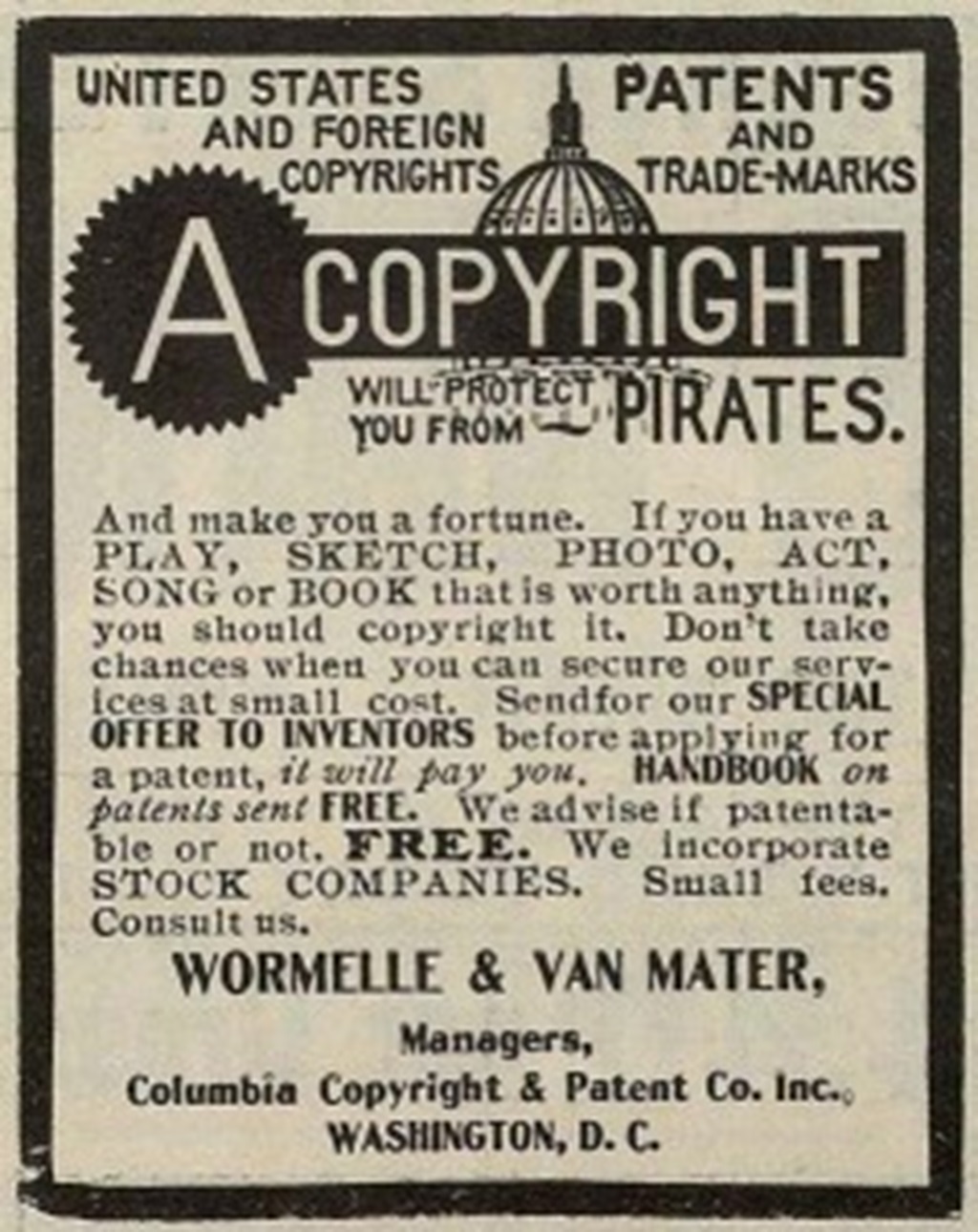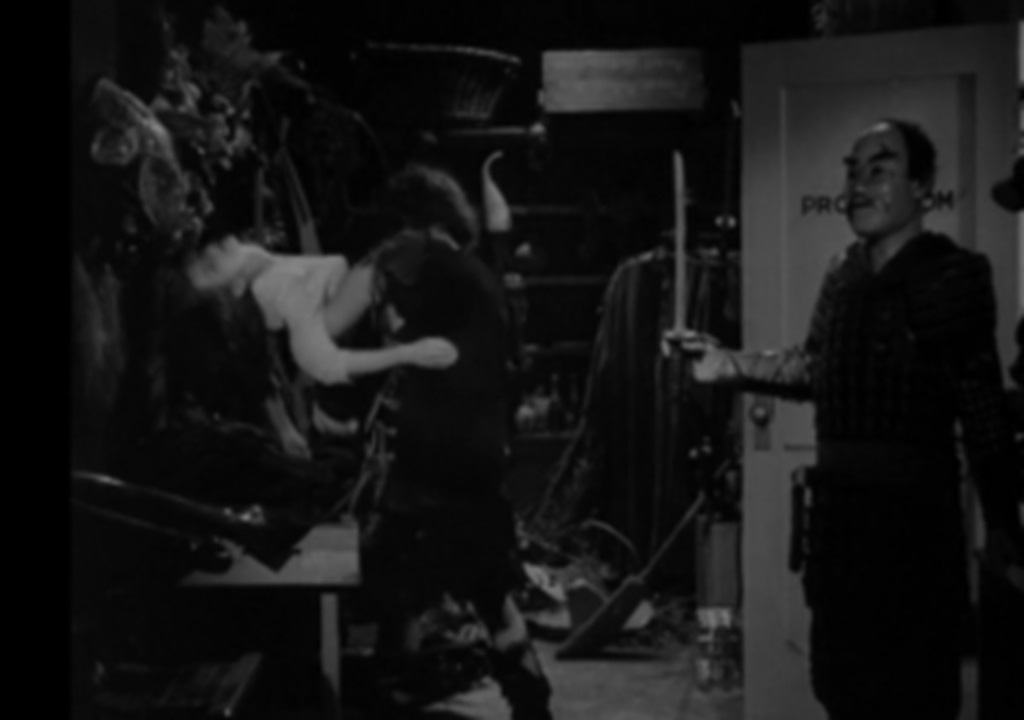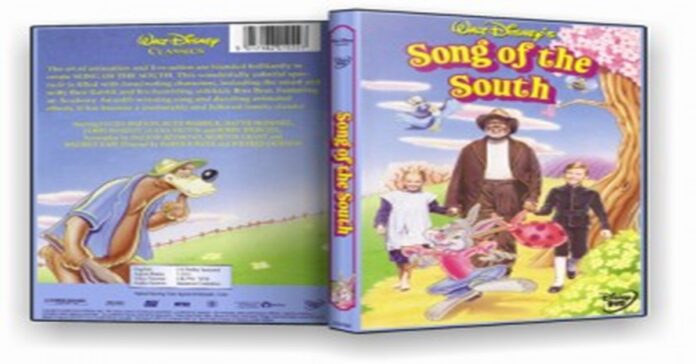About a year ago, Stephen Bowie and Stuart Galbraith IV initiated a discussion on their blogs about the aesthetic considerations of watching movies via streaming services versus physical media like DVD and Blu-ray.
This conversation sparked widespread dialogue about the significance of how one watches a film being nearly as important as what one watches.
Now, the ongoing conversation delves into the topics of bootleg videos, illegal torrents, and the intricate issue of copyrighted movies transitioning into the public domain and whether this has positive or negative implications for consumers.
Also Read More: Andrew Callaghan Failure To Report: What Happened To Him? Twitter Update
Special Report: Conversation Between Stuart and Stephen
Stuart Galbraith IV: Let’s begin with purchasing bootleg videos. I believe we have differing opinions on this matter, as well as the associated idea of downloading or streaming movies that are not officially available.
Stephen Bowie: First and foremost, I am much less inclined to purchase a bootleg than to possess one.
Stuart Galbraith IV: What do you mean by that?
Stephen Bowie: That means a third-party profiting without holding the rights. I would only support such individuals if I had to see something. As a T.V. historian, my work heavily relies on non-commercially released copies of shows.
I assume the same applies to Japanese films for you.
For example, if there’s a private torrent site with fan-subtitled Japanese films unavailable for legal purchase, would you access them? Would it matter if it was for work rather than pleasure?
Stuart Galbraith IV: As a researcher, I believe the need for access to movies/TV shows presents an entirely different scenario.
When I was writing my Kurosawa/Mifune book, many of their films, especially Mifune’s, weren’t available through normal channels.
I ended up purchasing Hong Kong and Japanese DVDs without English subtitles and, sometimes, rented bootleg VHS tapes from Japanese rental stores in L.A.’s Little Tokyo and elsewhere.
I prefer to navigate accessing what I need through rental shops in Japan and, when necessary, through official channels and archives.
I want to address the average consumer’s perspective, frustrated that specific titles are not officially released, like Disney’s Song of the South, which has spawned an underground market for that title.
Stephen Bowie: Okay. And what is your response to that, from the consumer’s viewpoint? “I guess I’m out of luck then,” and that’s the end of it?
Stuart Galbraith IV: I believe Disney will eventually address the issue with Song of the South. Financial interests usually outweigh concerns about political correctness.
Over time, labels have managed such issues with overly politically correct disclaimers and warnings, primarily driven by legal concerns.
Stephen Bowie: But that’s skirting the issue. Are you suggesting that someone interested in Song of the South would be wrong to access a pirated copy?
Stuart Galbraith IV: From a historical and artistic standpoint, it should be officially released.
Furthermore, my argument regarding that film is that Uncle Remus possesses greater wisdom than all the white characters in the movie.
It’s no different from numerous other Hollywood movies from the 1940s, and the racial stereotypes are arguably more offensive in Gone with the Wind.
Stephen Bowie: However, that still doesn’t address my question.
Stuart Galbraith IV:
No, I have a copy that was given to me as a gift. I haven’t watched it since the picture quality isn’t up to my standards.
However, I would gladly replace the few bootlegs I have with legitimate copies when available. But I don’t think that’s the case for those relying heavily on torrent sites for most of their viewing.

Stephen Bowie:
Right, that’s closer to how I feel.
My main concern about bootlegs is aesthetic — I’d rather wait and see if a remastered copy becomes available somewhere. I even stopped recording from TCM after realizing that an aired recording didn’t meet my quality standards.
Most of those recordings were left unwatched hoping for a legitimate release.
Stuart Galbraith IV:
In regard to your comment, I think part of the problem is that many people today seek instant gratification.
I remember the days when accessing a specific film required patience and hope. For me, the current state of home video is a treasure trove.
While there are titles I’d love to watch immediately but are unavailable, I have no doubt that a good percentage of those will turn up in the next year or two. I don’t mind waiting.
Stephen Bowie:
I know collectors criticizing me for not recording certain shows from years ago. However, the fact that I was very young at the time doesn’t earn me much sympathy.
Stuart Galbraith IV:
Even those complaining about the unavailability of the original Star Wars trilogy probably won’t have much longer to wait now that Disney has acquired it.
Also, many of the loudest complainers likely have a large stack of unwatched DVDs and Blu-rays collecting dust.
Stephen Bowie:
I generally agree with that. I’ve had so much to watch during the DVD era that I haven’t needed to seek content through unauthorized channels, except in my area of specialty, which is a big exception.
However, the shift from physical media to streaming changes this equation. If the market is leaning away from the possibility of a consumer legally purchasing a movie copy, does that alter the ethics of bootlegging?
Stuart Galbraith IV:
I believe that so far, the shift hasn’t halted the flow of new and exciting releases. However, bootlegging and torrents may have some impact on marginal titles.
If everyone who wants a copy already has it on their hard drive, what’s the point in releasing it to DVD or Blu-ray?
Stephen Bowie:
It seems that they are possibly cannibalizing the same niche audience that small indie home video labels need. This poses a problem.
Moreover, the shift to streaming may influence the decision to release specific DVD and/or Blu-ray titles.
Stuart Galbraith IV:
Criterion’s Hulu channel presents some challenges, especially for viewers in Japan who may not have access to it.
While I found ways around accessing the U.S. version of Hulu, I wouldn’t ask somebody to burn a copy for me just because I wanted to see something. For research purposes, probably yes.
The bigger question is whether Criterion’s licensing on Hulu is damaging the financial incentive to release those titles to DVD and/or Blu-ray eventually.
Stephen Bowie:
I’ve seen people on movie forums discussing streaming a film to decide if they like it and then, if they do, buying a copy.
For me, seeking out the best possible copy for a first viewing is essential, even if it means blind-buying a Blu-ray of a movie I might hate.
However, streaming and disc purchases may not be mutually exclusive for others.
Stuart Galbraith IV:
As the author of a recent piece lamenting the lack of Jacques Rivette titles on home video, would you pay for unreleased titles such as bootlegs or torrents, and if so, would you repurchase them if they came to DVD or Blu-ray?
Stephen Bowie:
Indeed, Milestone and a few other small labels have publicly stated they’ve dropped plans to release films due to heavy piracy.
While frustrating, it’s still somewhat isolated. For instance, I wouldn’t download a Lionel Rogosin film now because Milestone is working on his stuff, but I wouldn’t advise waiting on a ’30s Paramount title.
Would I purchase the unavailable Rivette titles from a bootlegger now? No. However, I could essentially “trade” for custom-subtitled rips of French DVDs anonymously on the Internet. I wouldn’t have any qualms about doing so.
Stuart Galbraith IV:
What exactly are you trading in terms of technology? And how do you make each other’s needs known?
Stephen Bowie:
There are private, invitation-only websites where cinephiles upload rare content that others can then download as digital files. In some cases, commercial unavailability and image quality standards are pretty high.
Stuart Galbraith IV:
This sounds like the 21st-century version of secretive hoarders of 35mm prints in the old days! I’m guessing we’re talking about numbers too small to impact the niche catalog marketplace significantly.
Stephen Bowie:
Exactly. Custom-subtitling drives this underground community, and I think it’s one of the things that makes it ethically defensible.
You mentioned a pool where you and others commissioned subtitles for rare Japanese films. Can you elaborate on that?
Stuart Galbraith IV:
Around 22 years ago, as I was researching and writing about Japanese fantasy films, none of the original Japanese-language versions were officially available in the U.S. Gradually, some films became available on VHS after being privately subtitled.
However, the primary dealer doing this made substantial profits, while the original filmmakers received nothing.

I was also part of a small, private group that commissioned subtitles for these movies, mainly as a self-financed supplement to our Japanese laserdisc purchases.
Stephen Bowie:
I don’t care if some individual gets rich if the result is wider art availability; it’s incidental. However, your experience with the original filmmakers does make that seem not very empathetic.
I’ve encountered similar situations with T.V. creators from the 50s and 60s asking how I’ve seen their work, with most requesting copies for themselves.
Stuart Galbraith IV:
In the early 1990s, it seemed highly unlikely that original Japanese fantasy films or the Cinerama travelogues from the 1950s would be released in the West.
Almost everything is available, on its way, or under consideration.
Stephen Bowie:
Dave Kehr would disagree with you! He believes more was available on 16mm in 1975 than on DVD. Don’t you know that?
Stuart Galbraith IV:
While Kehr may be right about classical Hollywood films on 16mm in the ’70s, that gap, if actual, is undoubtedly narrowing. Renting a 16mm print from a distributor was relatively expensive, anywhere from $40 to $200, just for a couple of days.
I also want to address the possibility of classic films from the 1930s falling into the public domain, including Disney’s early cartoon shorts, King Kong, All Quiet on the Western Front, Warner Bros. gangster movies, and Fred Astaire musicals.
Some argue this is a positive development that will free up long-unreleased titles. What do you think?
Stephen Bowie:
I believe we’ll see new legislation extending corporate copyrights before significant numbers of sound films fall into the public domain.
That’s one reason I’m provisionally pro-piracy in some circumstances: big corporations, not the artists, have been shaping U.S. copyright law.
However, public domain status does no favors for a complex medium like cinema (or television).
The only way to release gems from the studio vaults is to create a tax incentive for making that content commercially available. However, this is unlikely in the current political climate.
Stuart Galbraith IV:
As someone who’s worked with home video departments, I understand the expense of storing and maintaining film elements, creating new video masters, etc.
Public domain availability could diminish the incentive for studios to remaster and release specific titles.
Private funding has facilitated restoration projects, and DVD-R programs have made obscure, niche titles cost-effective for some studios.
However, many Universal T.V. shows are trapped in limbo, with existing tape masters destroyed and no licensee able to afford retransfers from the negatives.

Stephen Bowie:
T.V. presents a problem of volume. It’s easier for studios to remaster and market hour-long films to specific fan bases than to take a chance on a 30-year-old T.V. show with numerous episodes.
Stuart Galbraith IV:
Emerging technologies have made previously prohibitive projects, like the reconstruction of It’s a Mad Mad Mad Mad World, possible at a fraction of the cost it would have been years ago.
Stephen Bowie:
Streaming hasn’t liberated as many old shows as expected. I’ve yet to see a Motherlode that wasn’t available on DVD. Streaming may not be driving that side of the home video business.
Stuart Galbraith IV:
How has the bootleg scene in NYC changed, and have you ever checked “specialty” dealers in, say, Spanish or Chinese neighborhoods?
Stephen Bowie:
I’ve visited some ethnic video stores, but their target audience limits my ability to access certain content.
I once frequented a Japanese video store in midtown and found most of the Juzo Itami and Hiroshi Shimizu films unavailable here.
However, I later discovered that most rental copies had been replaced with bootlegged copies.
Stuart Galbraith IV:
I used to frequent Hong Kong and Chinese places recommended by a Hong Kong cinephile, partly for those movies but also because they sometimes sold L.D.s or VCDs of obscure Japanese movies.
At one point, I ordered DVDs from over 15 different countries.
Stephen Bowie:
Immigrant neighborhoods offer content, including tapes of ordinary network prime-time shows shipped to the States for homesick emigrants.
Stuart Galbraith IV:
There was a time when you could openly buy bootleg copies of the latest movies in Times Square, usually taped by a person sitting in a theater with a camcorder. Does that sort of thing still exist today?
Stephen Bowie:
I still see individuals on the sidewalk selling pirated DVDs, though not as frequently. The shift from 35mm to DCP took away the key element of the cinema experience for me – the photochemical quality of celluloid.
This has led me to shift most of my viewing to my home theater.
Stuart Galbraith IV:
What’s the scene going to be like five years from now? Will torrents and downloads, legal and illegal, kill DVD and Blu-ray for good?
Stephen Bowie:
I would at least partially reject streaming video if it were to supplant physical media as the dominant delivery mode for home video.
I feel entitled to keep a movie in perpetuity if I purchase it and own a physical copy. Or am I not entitled to that, ethically? What do you think?
Stuart Galbraith IV:
I see no immediate end to the flow of new DVD and Blu-ray titles in the foreseeable future, albeit not in exactly the way we’d like all the time.
Stephen Bowie:
What would you choose if the choices were between streaming legally and acquiring a superior copy extralegally?
In the future, would you censure cinephiles for congregating around private torrent sites?
Stuart Galbraith IV:
As long as physical media exists, that trumps even legal streaming, let alone poor bootlegs. I don’t believe physical media will disappear entirely in the next five or six years, and it may never do so.
Stephen Bowie:
It’s even possible that I should be more worried about being able to buy another plasma T.V. when the time comes than about finding discs to watch on it.
Also Read More: Who Is Desiree Perez? Roc Nation Snitch CEO Wikipedia And Age

